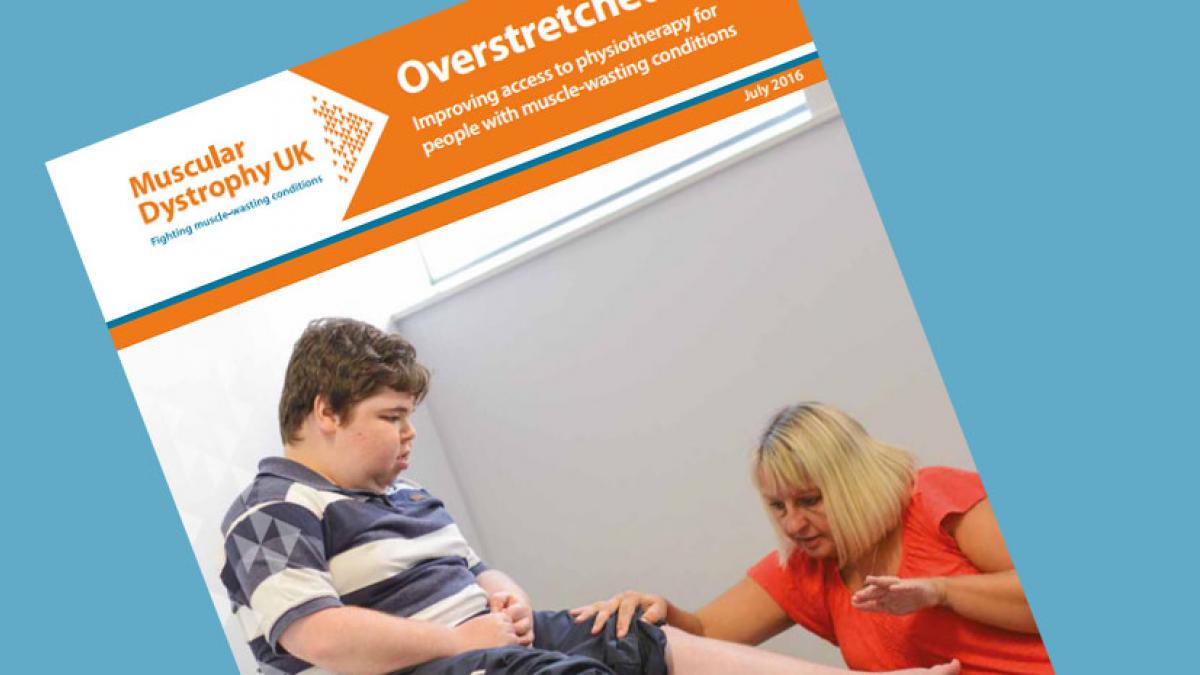Patients are missing out on life-improving treatment, and even dying early, because of a lack of access to specialist physiotherapy, a report from charity Muscular Dystrophy UK has claimed.

Muscular Dystrophy UK's report finds 'serious shortage' in physio access across much of the country
The hard-hitting report found that 60 per cent of people with muscle-wasting conditions were unable to access appropriate physiotherapy; short-term provision of physiotherapy meant patients were receiving little or no benefit from it; 20 per cent of patients were paying privately for their physiotherapy; and 40 per cent of UK neuromuscular centres said they urgently needed increased physio capacity.
The report, which said there was a ‘serious shortage’ in physio access across much of the country, said the shortage was impacting health, quality of life, and, in cases where a patient needed respirator support, length of life.
‘Inconsistencies in the funding and provision of vital aspects of respiratory physiotherapy and equipment – such as cough assist machines – are leading to avoidable admissions to hospital,’ it said.
‘In some tragic cases, this can even contribute to early loss of life.’
The report also found that specialist neuromuscular centres in the UK were turning down promising new clinical trials because of a shortage of key roles including specialist physios, and there was a lack of funded research time for physiotherapists to lead and conduct trials.
It called on hospital trusts to ensure that their neuromuscular team include a specialist physiotherapist at minimum level band 7; on clinical commissioning groups (CCGs) to increase provision of community physio; on all CCGs and health authorities in devolved nations to adopt a funding policy on cough assist machines; and on the National Institute for Health and Care Excellence (NICE) to commission research on evidence of clinical and cost-effectiveness of cough assist machines.
CSP chief executive Karen Middleton said physiotherapists could only provide the service they are commissioned to offer, and many members may feel frustrated.
‘This situation highlights the need for physiotherapists to organise themselves locally in order to influence these commissioning decisions using NICE guidance and data, including outcomes, to show how important better access to physiotherapy can improve outcomes for patients and save money for the system,’ she said.
‘It is also important that those same physiotherapists are influencing local workforce planning to highlight the need for greater number of physiotherapists.’
Find Out More
Number of subscribers: 0